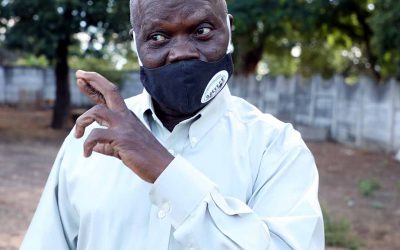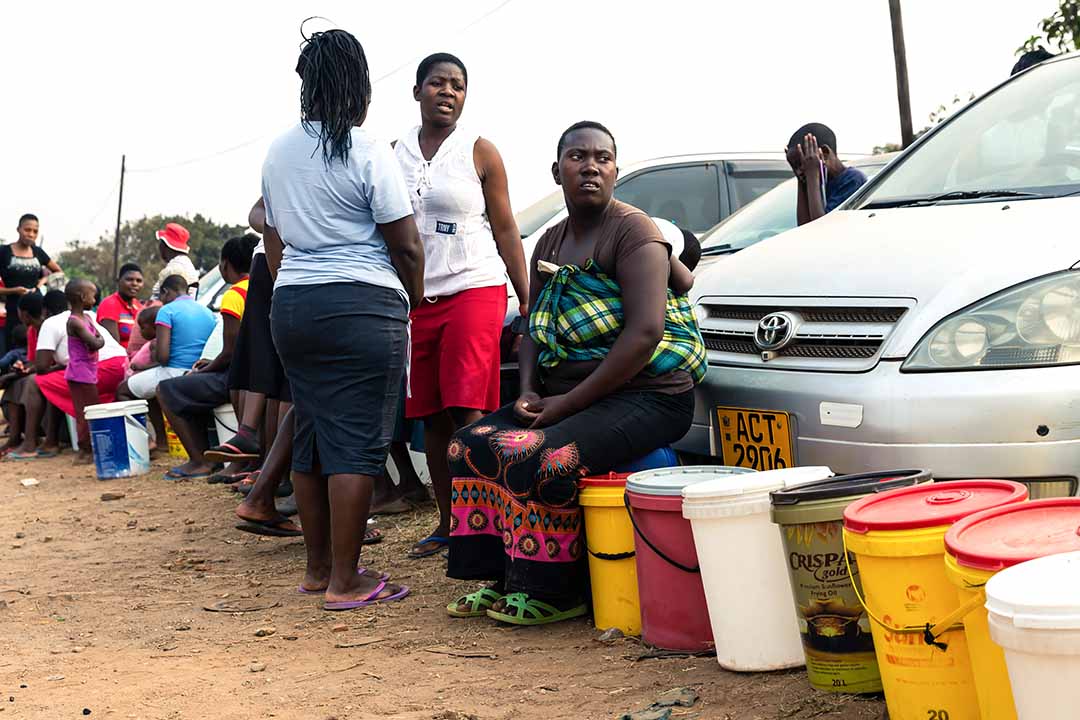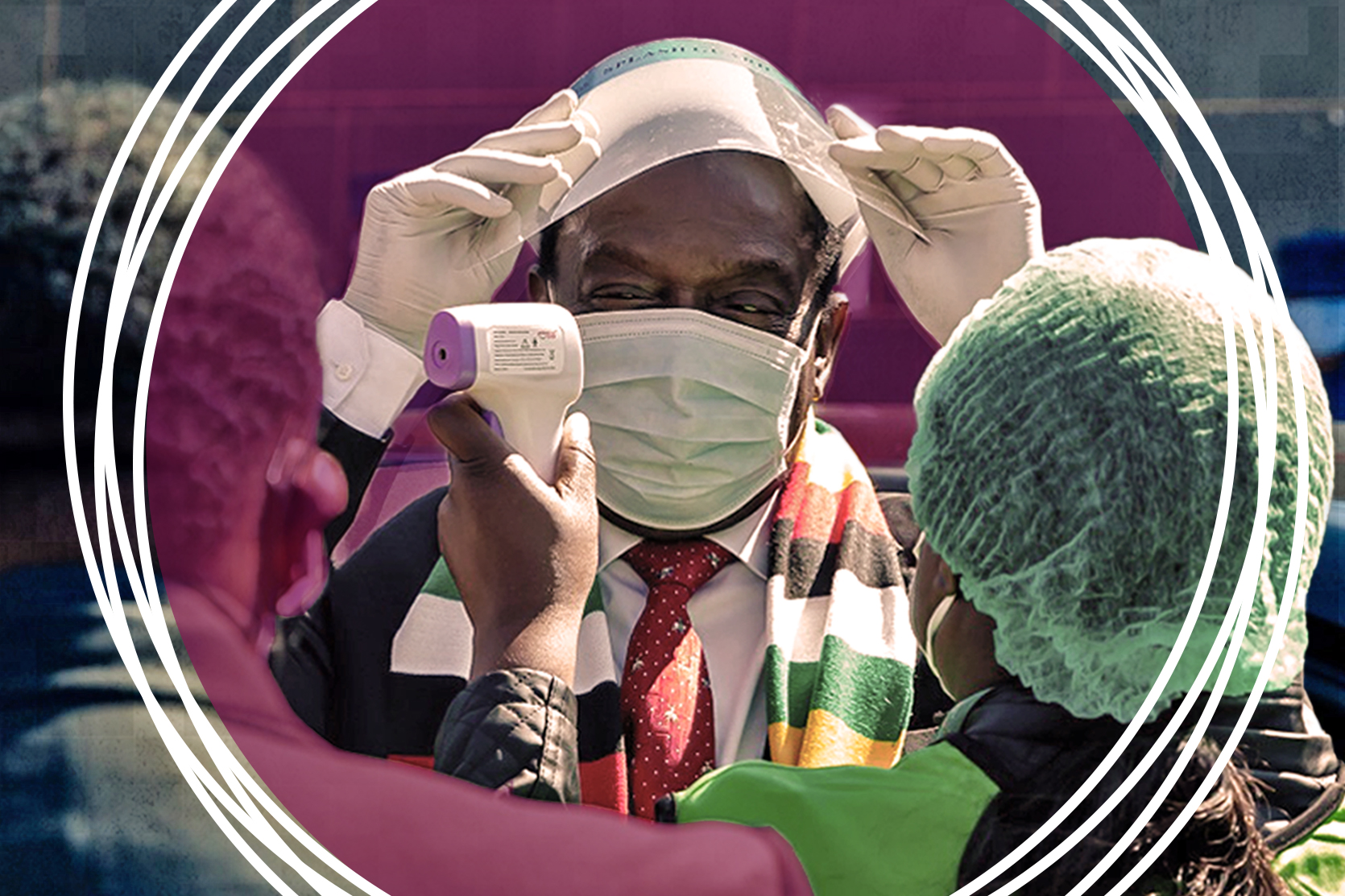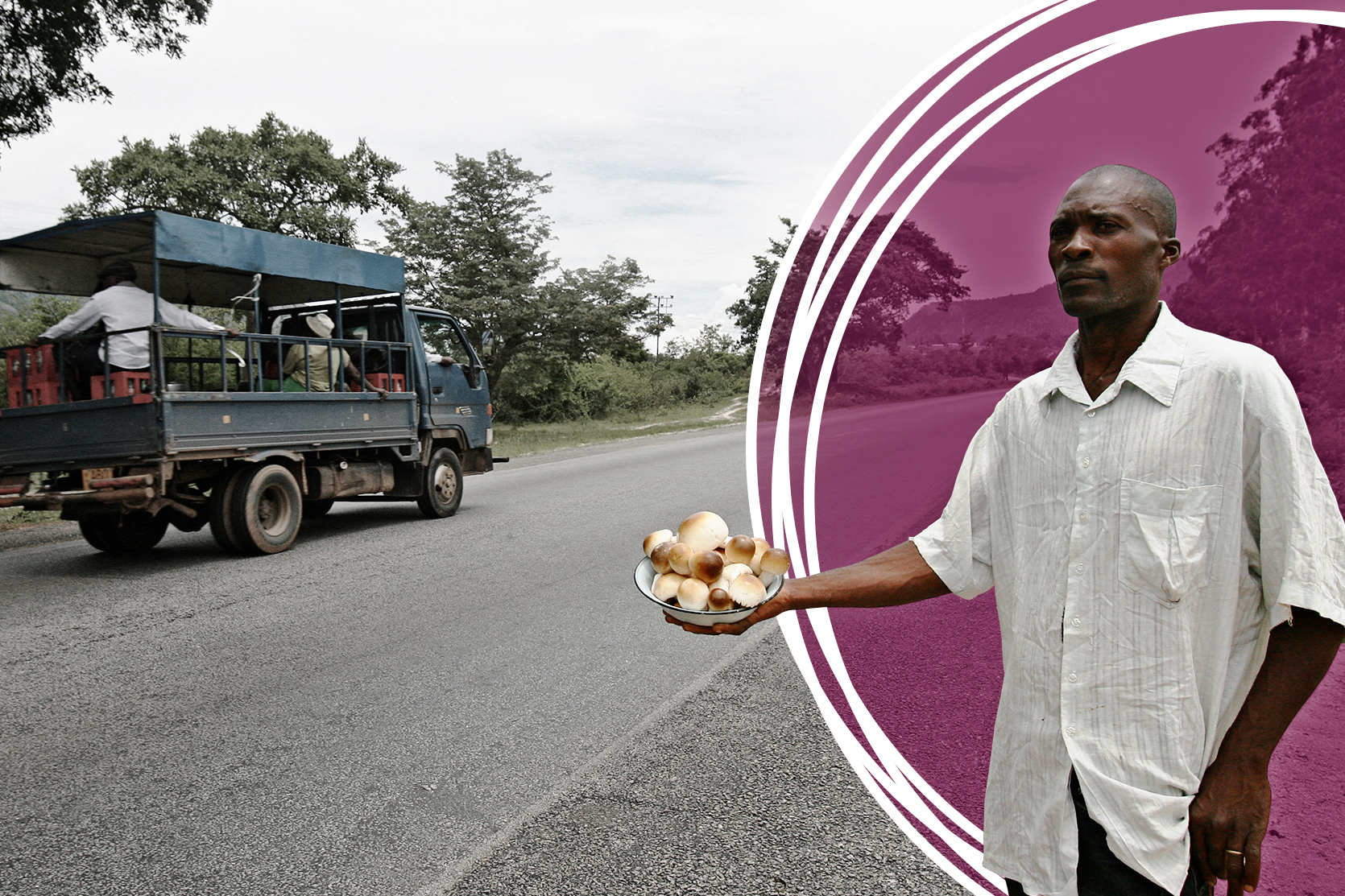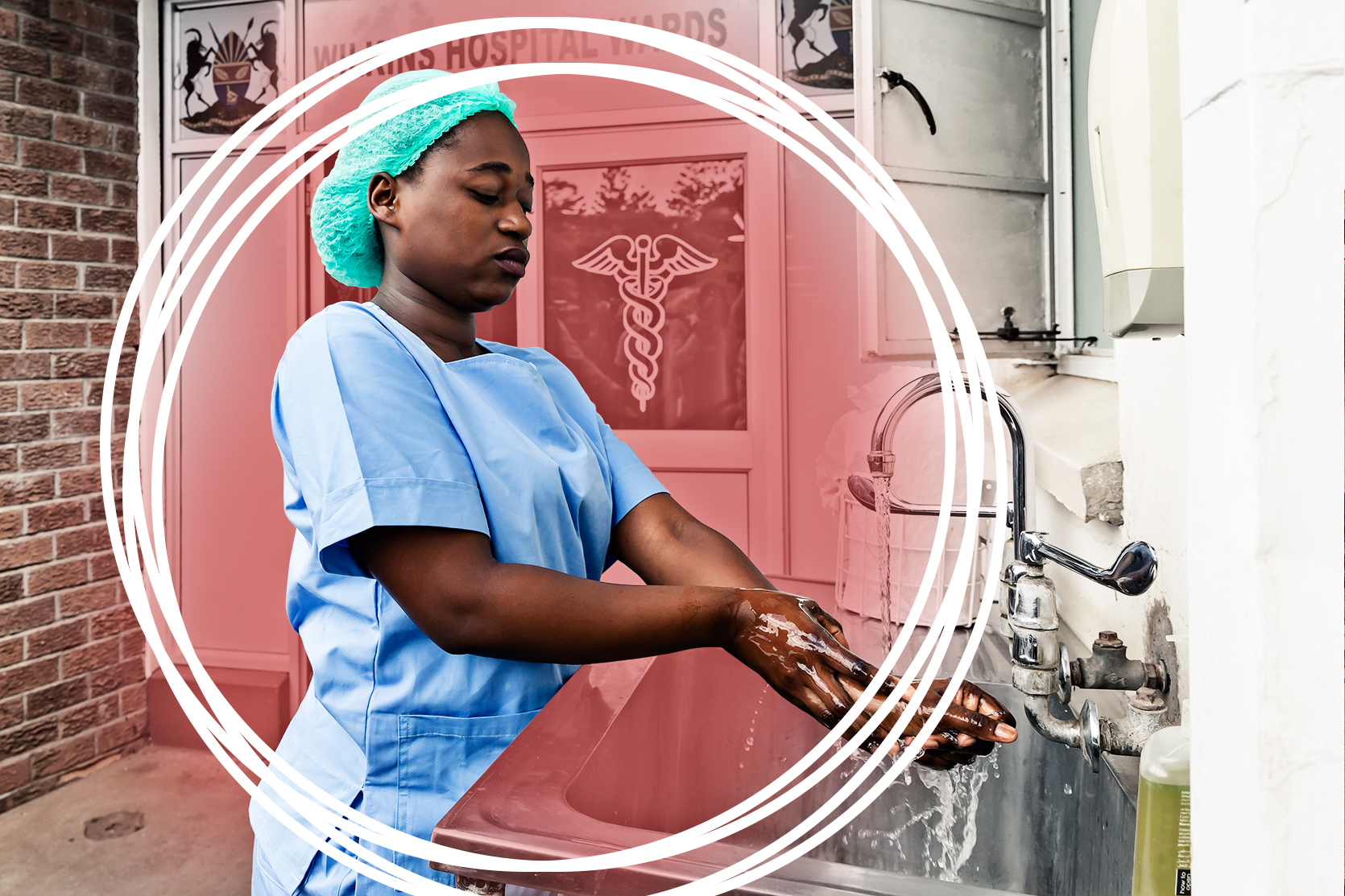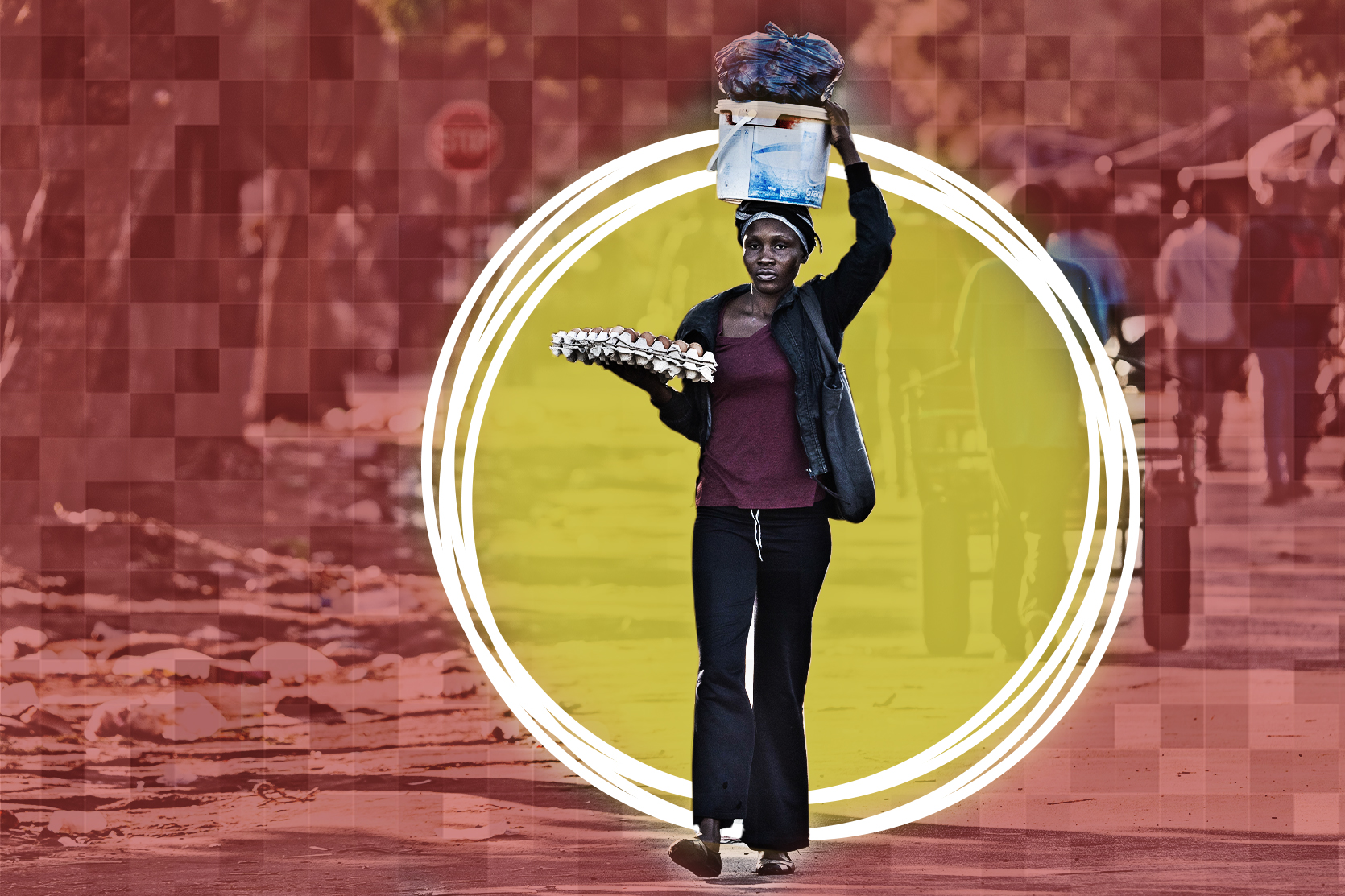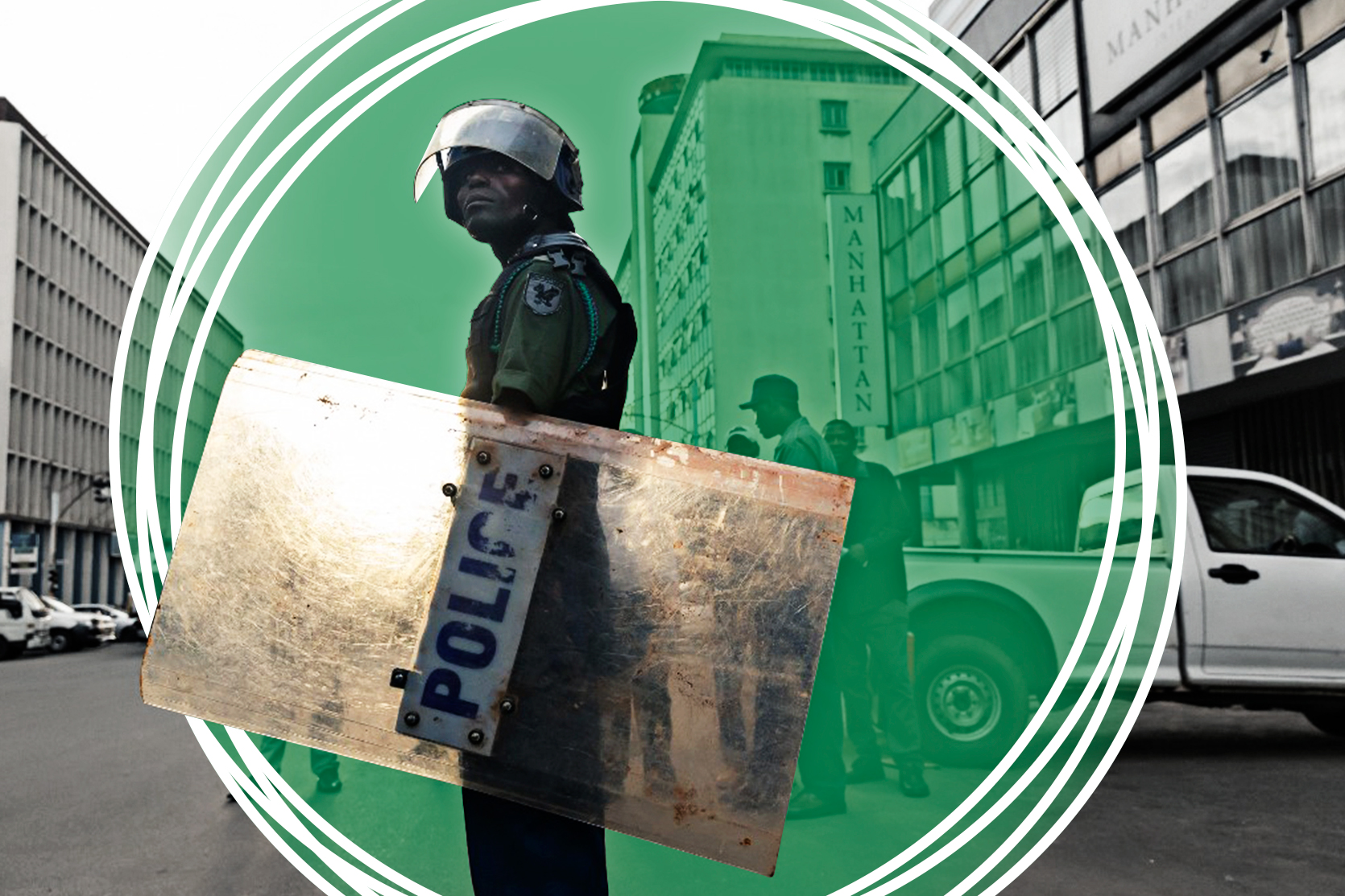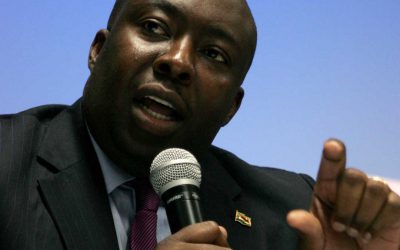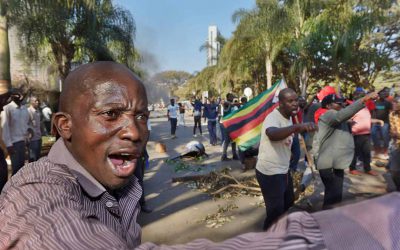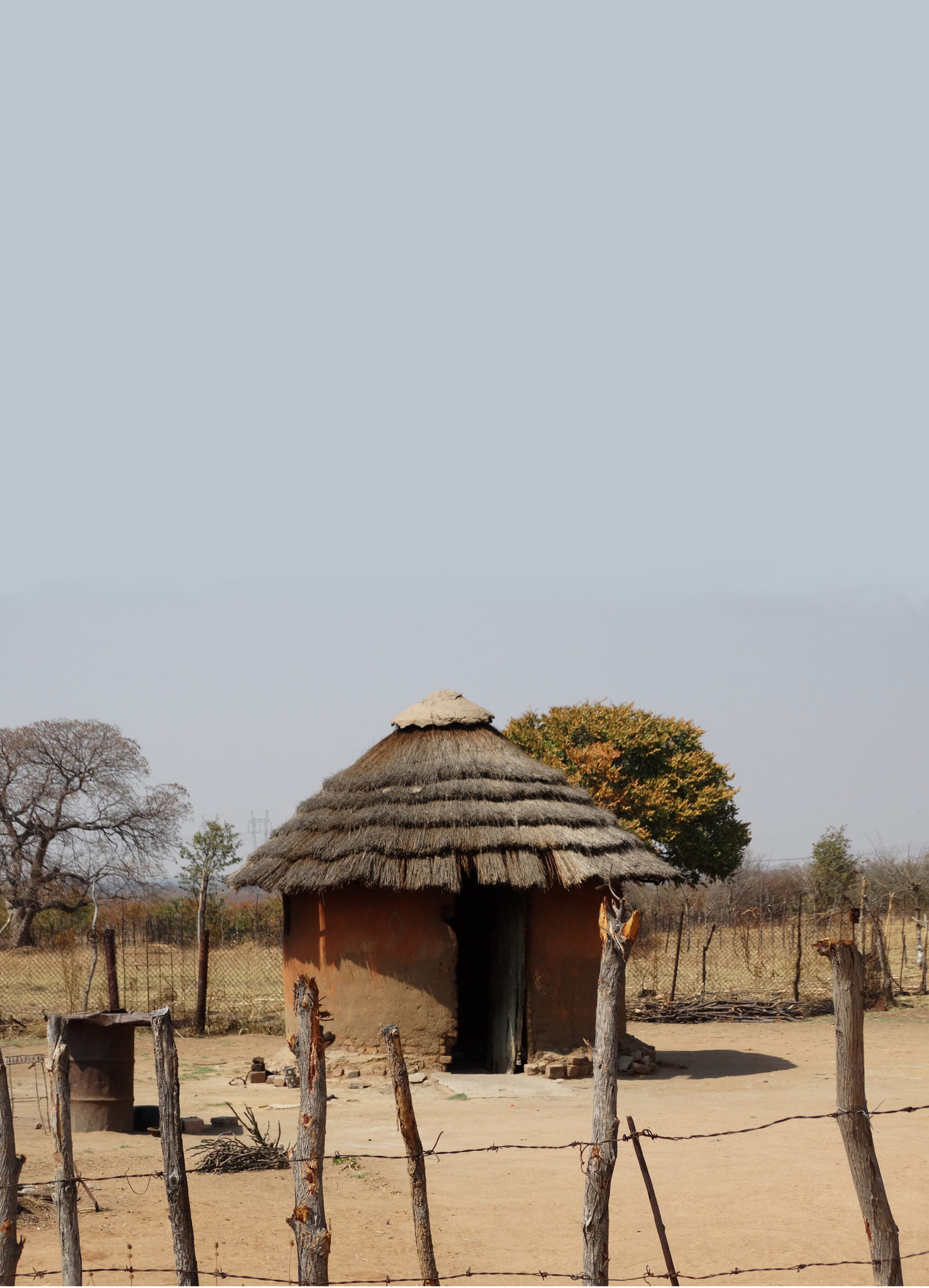Corruption, patronage and bad governance have betrayed Zimbabwe’s liberation victory.
Shadows over Sunshine City
Land invasions and illegal development threaten the source of water to Zimbabwe’s capital. Once referred to as the "Sunshine City" - not only because the sun shines on Harare most days of the year, but because of its cleanliness and orderliness - Zimbabwe's capital...
Zimbabwe: Have the lessons been learned? The signs aren’t good
Public reaction to President Emmerson Mnangagwa’s tweet announcing the death of Lands and Agriculture minister Perrance Shiri on July 29 summarised the polarised nature of the Zimbabwean society, while also serving as a barometer of the effectiveness of government policies in the fight against the Covid-19 pandemic.
Zimbabwe: caught between the pandemic and an incapable state
The Zimbabwean government’s plans to pay ZW$ 300 a month to a million households were screamed in a headline in the state-controlled Sunday Mail edition of 26 July.
Zimbabwe’s ill-equipped health infrastructure
Despite Zimbabwe’s crumbling public health infrastructure, former health minister Obadiah Moyo told journalists in Harare on 2 May, 18 days before the country recorded its first Covid-19 case, that the southern African nation was ready to handle the global pandemic.
C-19 in Zimbabwe: Work and Jobs
As captured by Finance Minister Mthuli Ncube’s desperate plea for $200 million in a letter to IMF Managing Director Kristalina Georgieva on April 2, the Covid-19 pandemic could not have struck Zimbabwe at a worse time.
C-19: Zimbabwe and the rule of law
The COVID-19 pandemic has caused a humanitarian crisis of gigantic proportions, which the UN has warned may escalate global suffering and jeopardise lives and livelihoods “for years to come”.
Zimbabwe: ‘indigenisation’
The Zimbabwean government has apparently bowed to pressure by effecting changes to its controversial Indigenisation and Economic Empowerment Act, which compels non-indigenous investors to cede at least 51% of the shares in their companies to black Zimbabweans, but the...
Pulverised into submission
Zimbabwe’s citizens have been subjected to years of state-sponsored brutality By mid-morning on 1 August 2018, thousands of people had gathered in Harare’s central business district (CBD). Just two days before, the country had gone to the polls to elect a new...
Living on the edge
Exploited and marginalised by the communities around them, Zimbabwe’s San fight an uphill battle for survival In May 2013, Zimbabwe’s former president, Robert Mugabe, caused controversy when he said the country’s San community, commonly known as Bushmen, had “a...
Zimbabwean liberation war veterans mourn a dream deferred
Corruption, patronage and bad governance have betrayed Zimbabwe’s liberation victory.
Shadows over Sunshine City
Land invasions and illegal development threaten the source of water to Zimbabwe’s capital. Once referred to as the "Sunshine City" - not only because the sun shines on Harare most days of the year, but because of its cleanliness and orderliness - Zimbabwe's capital...
Zimbabwe: Have the lessons been learned? The signs aren’t good
Public reaction to President Emmerson Mnangagwa’s tweet announcing the death of Lands and Agriculture minister Perrance Shiri on July 29 summarised the polarised nature of the Zimbabwean society, while also serving as a barometer of the effectiveness of government policies in the fight against the Covid-19 pandemic.
Zimbabwe: caught between the pandemic and an incapable state
The Zimbabwean government’s plans to pay ZW$ 300 a month to a million households were screamed in a headline in the state-controlled Sunday Mail edition of 26 July.
Zimbabwe’s ill-equipped health infrastructure
Despite Zimbabwe’s crumbling public health infrastructure, former health minister Obadiah Moyo told journalists in Harare on 2 May, 18 days before the country recorded its first Covid-19 case, that the southern African nation was ready to handle the global pandemic.
C-19 in Zimbabwe: Work and Jobs
As captured by Finance Minister Mthuli Ncube’s desperate plea for $200 million in a letter to IMF Managing Director Kristalina Georgieva on April 2, the Covid-19 pandemic could not have struck Zimbabwe at a worse time.
C-19: Zimbabwe and the rule of law
The COVID-19 pandemic has caused a humanitarian crisis of gigantic proportions, which the UN has warned may escalate global suffering and jeopardise lives and livelihoods “for years to come”.
Zimbabwe: ‘indigenisation’
The Zimbabwean government has apparently bowed to pressure by effecting changes to its controversial Indigenisation and Economic Empowerment Act, which compels non-indigenous investors to cede at least 51% of the shares in their companies to black Zimbabweans, but the...
Pulverised into submission
Zimbabwe’s citizens have been subjected to years of state-sponsored brutality By mid-morning on 1 August 2018, thousands of people had gathered in Harare’s central business district (CBD). Just two days before, the country had gone to the polls to elect a new...
Living on the edge
Exploited and marginalised by the communities around them, Zimbabwe’s San fight an uphill battle for survival In May 2013, Zimbabwe’s former president, Robert Mugabe, caused controversy when he said the country’s San community, commonly known as Bushmen, had “a...

